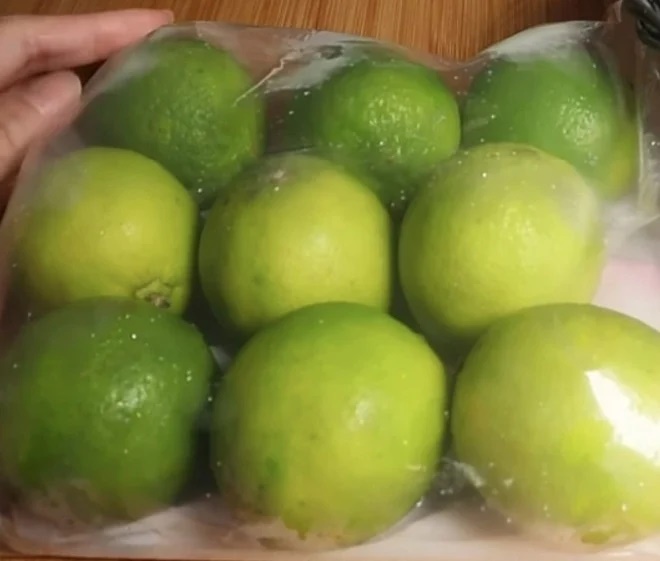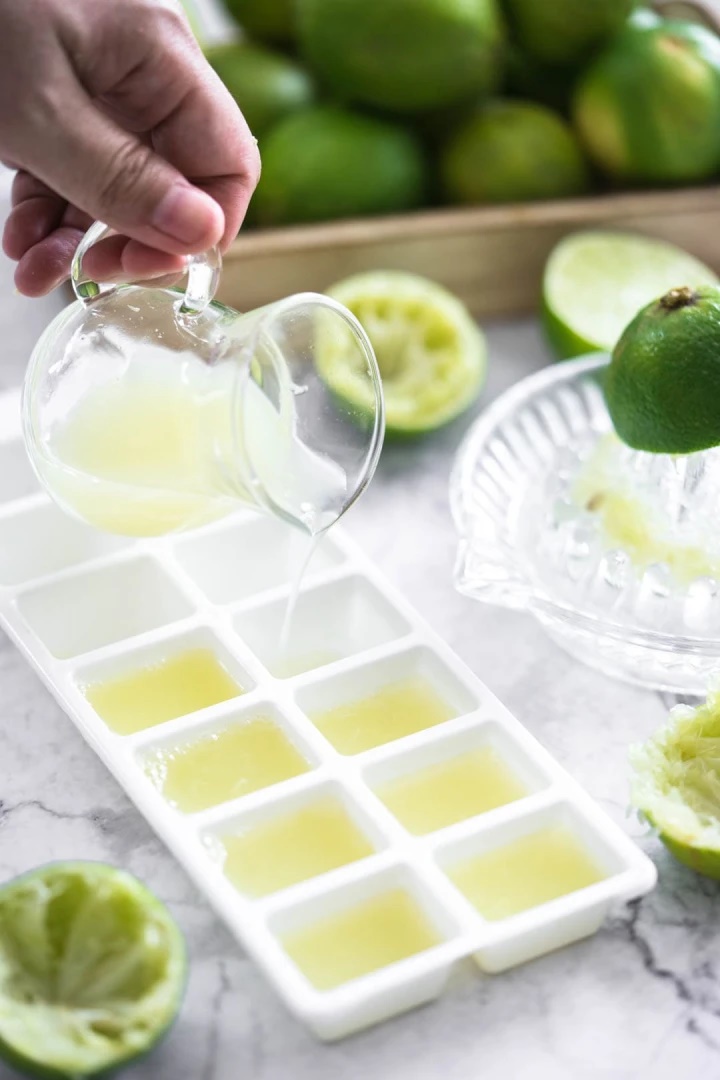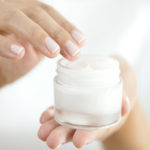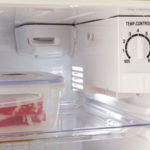At room temperature, lemons can only stay fresh for up to one week. After that time, lemons will gradually lose moisture and start to develop soft, spoiled spots. The small pores on the lemon peel allow moisture to escape, causing them to dry out and lose their natural flavor.
To properly store lemons and keep them fresh for longer, there are a few things you should keep in mind:
Firstly, you should choose lemons that are small in size, thin-skinned, and most importantly, they should be ripe, as they will have more juice and a more fragrant zest. Before storing the lemons, rinse them with water to remove any impurities and dirt on the surface, then let them dry completely or use a paper towel to dry them.
Here are some tips for storing lemons to keep them fresh for longer:
Store lemons in the refrigerator
The best way to store lemons is in the refrigerator. However, how you store them will determine how long they last.
You can place the lemons on the shelf by the refrigerator door, as this helps keep them fresh for one week or more. However, if you want the lemons to last longer, wipe them clean and place them in an airtight container or a zip-top bag (put the lemons in the bag and remove all the air from the bag, then seal it tightly). This will help prevent the lemons from drying out and keep them fresh for almost a month.

Effective lemon storage tip using a zip-top bag.
If you want to store half a lemon, wrap the cut end with plastic wrap or place it in an airtight container before putting it in the refrigerator. However, the lemon is best consumed within 2-3 days from the day it was cut.
Store lemons in a glass jar
Another simple tip to keep lemons fresh is to store them in a glass jar filled with water. Put all the lemons in the jar, pour water over them, and place it in the refrigerator. The result will surprise you.
Freezing sliced lemons
Freeze the sliced lemons on a tray lined with parchment paper, making sure they are evenly spaced and not touching each other. After freezing, transfer all the lemon slices to a sealed plastic bag and store them in the freezer indefinitely. Like most fruits, lemons become soft when frozen. It’s best to add the frozen slices directly to cold drinks from the freezer, while they are still firm.

Preserve the flavor of lemons for a month.
Freezing lemon juice
Prepare lemons and an ice tray. After squeezing out the lemon juice, pour it into the ice tray. Note that the amount of lemon juice in each ice cube compartment should only be the amount you need for one use to avoid waste. When squeezing lemons, only squeeze them moderately, do not try to extract all the juice as it will become bitter.
Put the lemon juice-filled tray into the freezer compartment of the refrigerator and wait until it is completely frozen. Then remove the lemon juice cubes from the tray, put them in a tightly sealed container, zip-top bag, or glass jar with a lid, seal it tightly, and put it in the freezer for storage. Whenever you need lemon juice, simply take one cube and use it in your dish.
Note: Lemons are highly sensitive to ethylene. Therefore, they should not be placed near fruits that emit ethylene, such as apples, pears, bananas…
Above are some tips for preserving lemons for a month while keeping them fresh and fragrant. If you have any other effective ways to store lemons, feel free to share them in the comments section.
Source: VTC.vn
Is Refrigerated Leftovers Linked to an Increased Risk of Cancer?
Dr. Lam Van Man, Head of Research, Development and Technology Transfer Department of the Institute of Safety Food, has warned of the risk of food poisoning when reheating leftovers from the refrigerator. But what should we be aware of when it comes to the possibility of these leftovers causing cancer? Here, we explore what the experts have to say on the matter and offer some tips for safe eating.



































